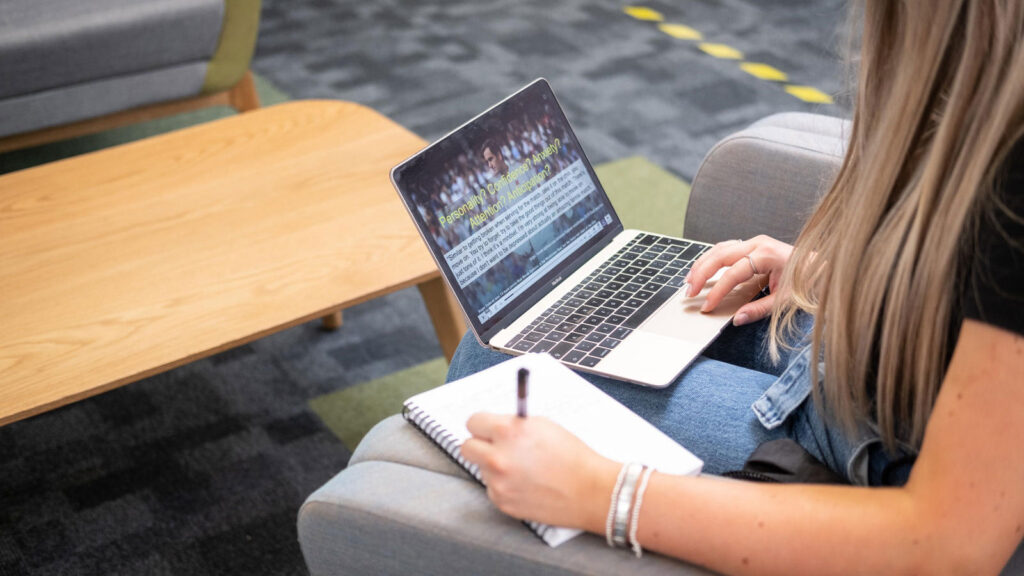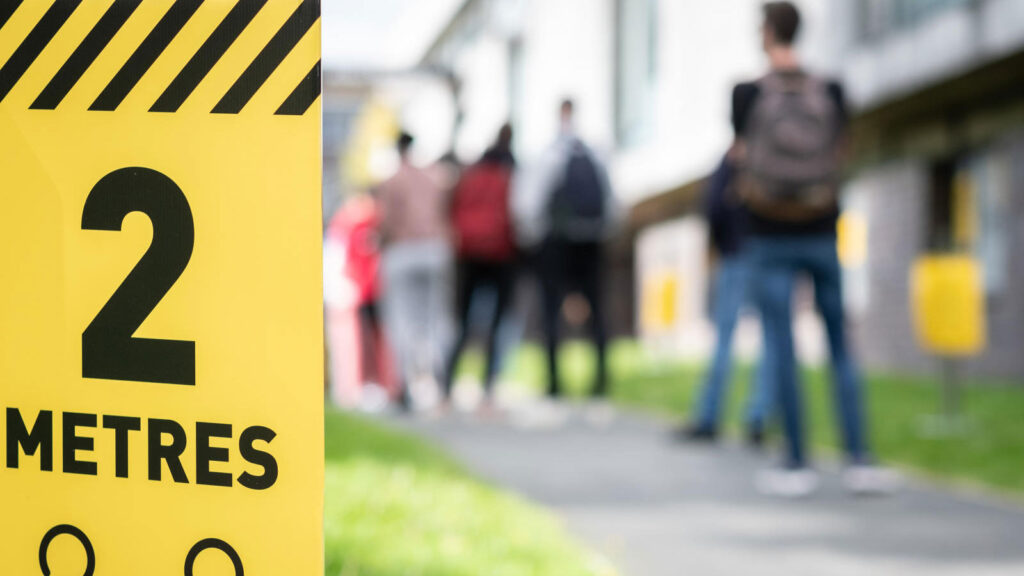A wake-up call?
I hope you are all well and happy in these unprecedented times. This academic year is coming to its closure. Looking back at when I started, it all seems to be quite anticlimactic. I would never have been able to imagine my first year to be the way it has been. Even though it was just a few months ago, it feels like a lifetime has passed since then.
I am currently pursuing my studies remotely. Initially, it has been challenging to adapt myself in this new set up, but lecturers have made this an easy transition; they have been active and ready to help us in any possible way. They have tried to adapt as best as they could, even though some of them might be a bit uncomfortable when it comes to technology. I am deeply grateful for all the support that they have been trying to give us.

Despite everything that has been happening, there has been some serious highlight during this pandemic. As Caroline Criado-Perez has correctly pointed out in an interview for New Scientist, in addition to the shortage of Personal Protective Equipment (PPE), the average size of equipment that is being produced is male fitting. This is concerning since, as data has indicated, most care workers on the frontline are female. Then, how come we are still massively producing mainly PPE that would fit the average male body? Don’t women also need PPE to protect themselves?
Over the past decades we have been battling for the equality between sexes; it has been a very slow battle. The above information only evidences further the fact that there are still lots of voices left unheard. As Caroline has said, in front of every crisis, equality of sexes is put aside because it is not considered to be relevant. As she has pointed out, this is actually important, since by nature men and women are fundamentally different. We cannot simply assume that what works on males will also work on female. It is simple common sense and yet the majority still prefer to be willingly blind in front of that.
However, at the same time, in all this gloominess, there is some good news emerging that might put us on the right direction for a more equal future between sexes. Countries like New Zealand, Finland, Iceland and even Taiwan (which is not that far from China) in these critical times have demonstrated a quick and efficient reaction to COVID-19. Indeed, they are one of few countries where the number of coronavirus cases are contained. Looking deeper into these countries, we can observe that what all of them have in common is the fact that they all have Prime Ministers or Presidents that happen to be females.

As a society, even though we have come a long way from our patriarchal society of the past, by looking at the number of female leaders of the different countries, we can observe that they are very few compared to male leaders. Even in my home country, Italy, there has not yet been any female president. This further proves how reticent the society is in acting for equality, rather than just using empty words to affirm that it supports equality.
I hope that after we overcome this crisis, there is an awakening call for the need to actively pursue equality between sexes with some long-lasting changes.

About Simona
“My name is Simona Mohammad and I am the second Women in Science Ambassador. My nationality is Italian and my ethnicity is Bengali. I have lived my whole life in Italy and just moved to England a few years ago. I have come to Loughborough to study Natural Sciences. As the Women in Science Ambassador I hope to involve more women in choosing STEM pathways and contribute towards enriching the diversity in Loughborough.”
Women in Science
Encouraging more young women to study science-related subjects